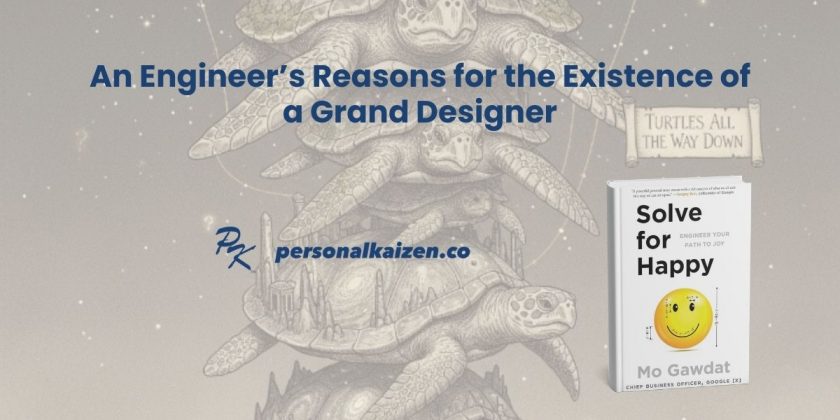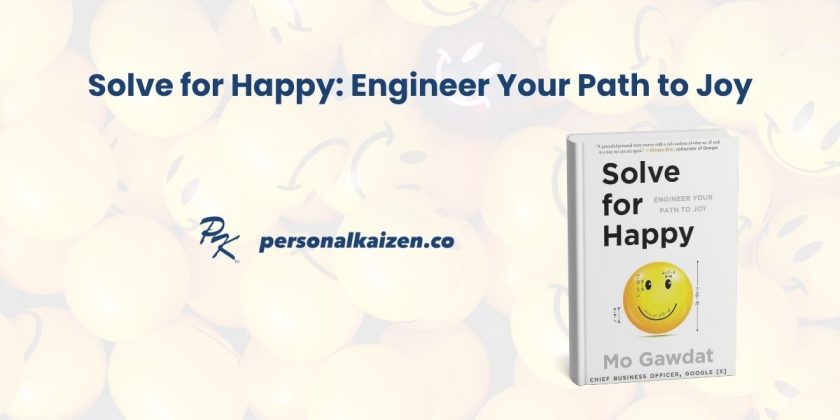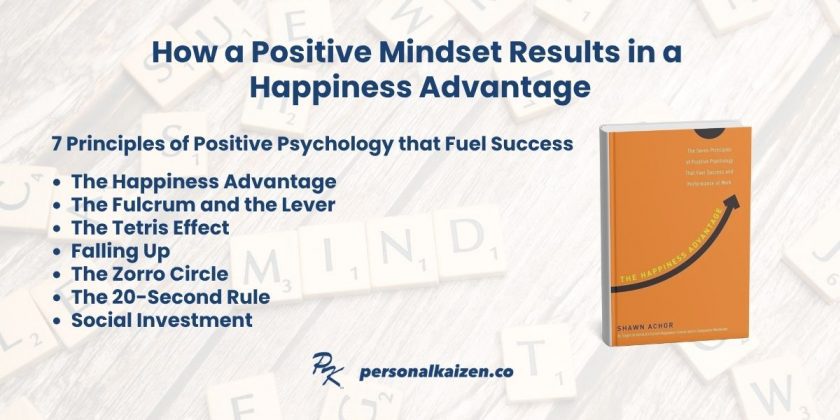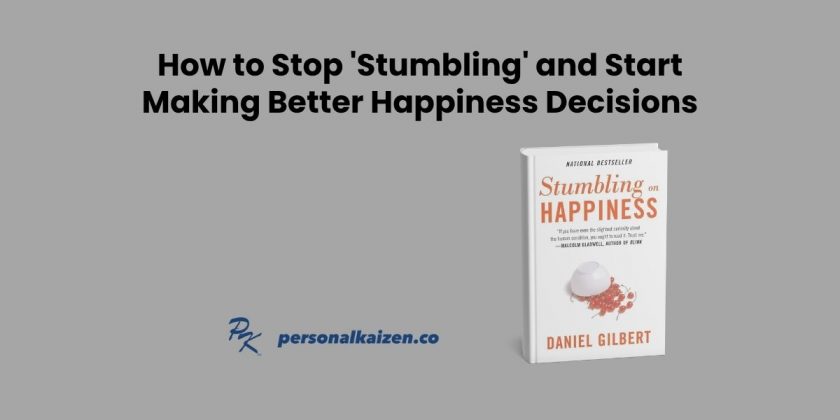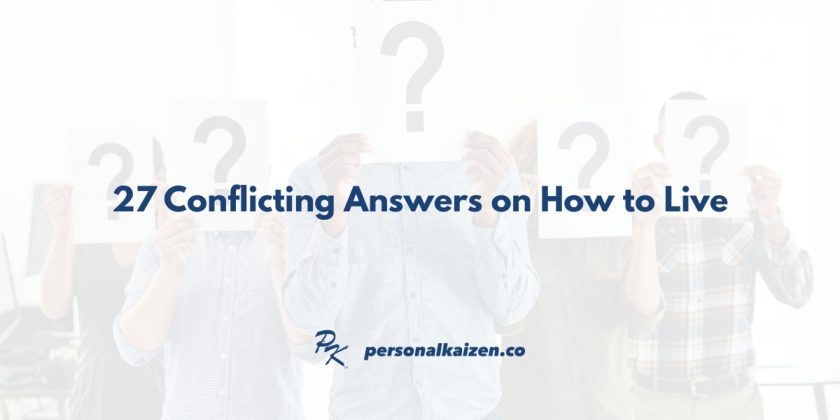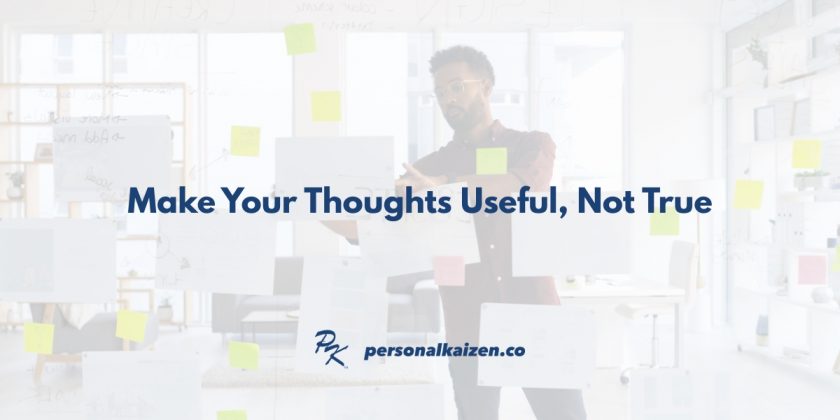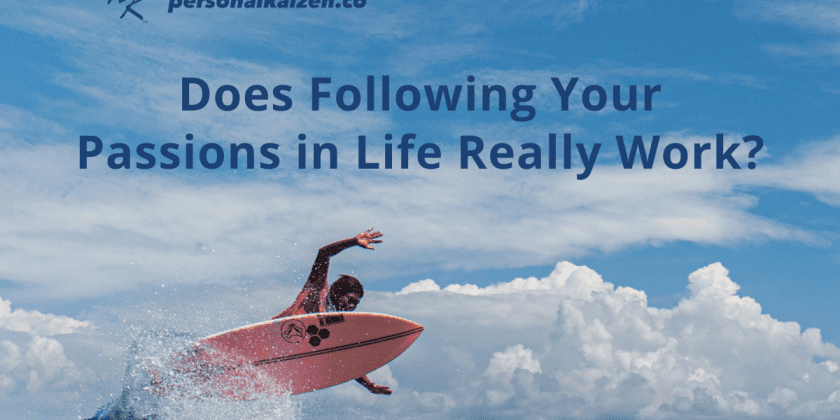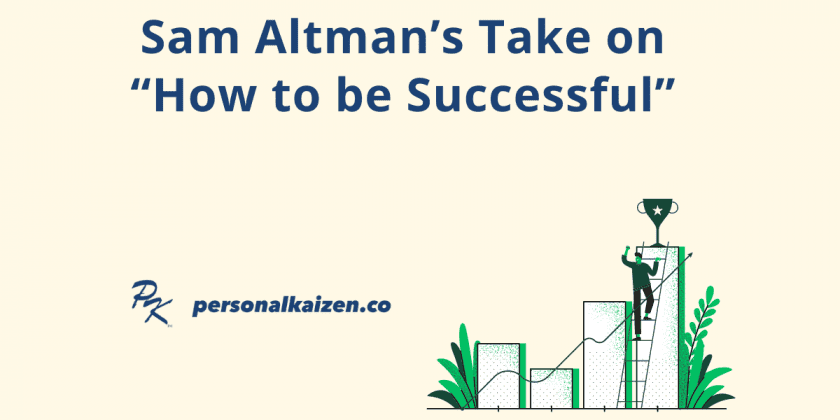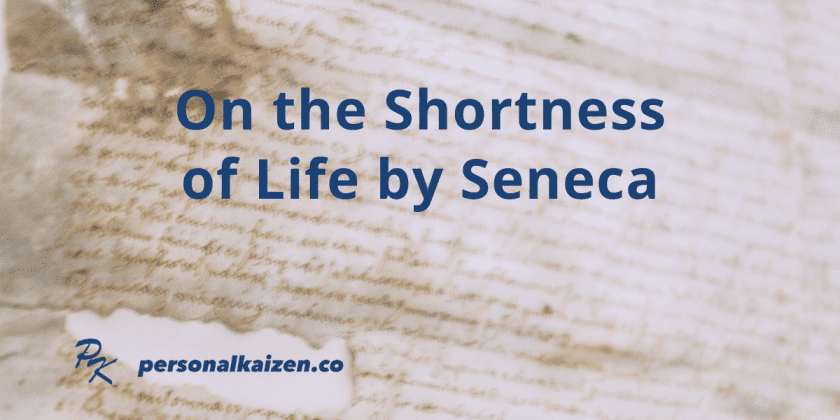An Engineer’s Reasons for the Existence of a Grand Designer
A recent post summarized Mo Gawdat’s 2017 book, Solve for Happy: Engineer Your Path to Joy. Gawdat shares six "grand illusions," seven "blind spots", and five “ultimate truths” in his very thought-provoking book on happiness. The final chapter of the book is titled “Who Made Who?” and is an engineer’s reasons for the existence of a grand designer. I found this section didn’t fit particularly well with the rest of the book, but his argument was persuasive enough to share with the Personal Kaizen community and explore separately. The Problem Statement Trying to tackle the existence of God as the…

